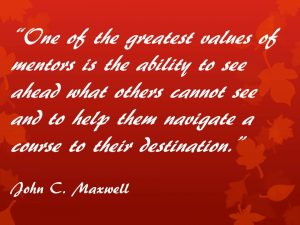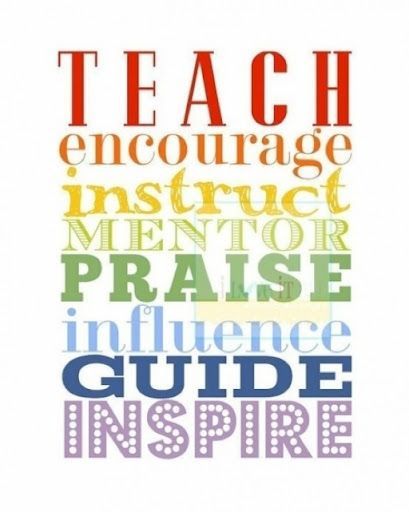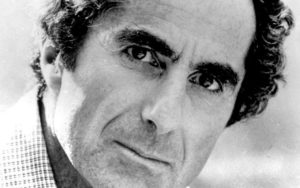Reading all the current articles about kids getting into prestigious universities thanks to shady parents and corrupt officials, I find one thing missing.
Nobody seems to be talking about the importance of being mentored in college, and you don’t need a big name school to find a mentor. Back when I was applying for colleges, I chose Fordham University at Lincoln Center for one main reason: I’d heard there was a fantastic creative writing professor there and I wanted to study with her. I was born and bred in Manhattan, but didn’t bother applying to NYU, Columbia or any other prestigious school in New York state. I put all my chips on Fordham.
I won. At Fordham I found the perfect mentor in Dr. Kristin Lauer. Thanks to her, I’ve published over two dozen books, seen my work translated into 15 languages, had international book tours—and much more. I’m not famous, but I’ve lived my dream of being a published author.
 Dr. Lauer was endlessly encouraging and inventive in her choice of assignments. Beyond that, she was a model for how I would teach when I entered academia years later. She did not believe in pointing out everything that was wrong with your work, in bullying you like a coach, in making you tough because “the world is tough.” Her approach was to use humor and encouragement. She did her best to work from the inside out of your story or sketch, making you feel like she was communing with it, and communing with you. It’s much harder than it sounds.
Dr. Lauer was endlessly encouraging and inventive in her choice of assignments. Beyond that, she was a model for how I would teach when I entered academia years later. She did not believe in pointing out everything that was wrong with your work, in bullying you like a coach, in making you tough because “the world is tough.” Her approach was to use humor and encouragement. She did her best to work from the inside out of your story or sketch, making you feel like she was communing with it, and communing with you. It’s much harder than it sounds.
More than once, she predicted that I would publish and win prizes someday if only I wrote something “real.” That was my City of Gold, the mystical goal that I reached with my first publication in a national magazine. It was a story drawing on my own life as the son of Holocaust survivors, a story I needed to tell but was afraid to.
She midwifed that story. I would read a bit to her on the phone and she’d comment and then urge me to keep writing and keep calling her. The story won a writing contest judged by Martha Foley, then-editor of the yearly volume The Best American Short Stories, and was published in Redbook, which had 4.5 million readers at the time. It wouldn’t have lived without Professor Lauer’s dedication, commitment, and teaching genius.
Almost every time I’ve walked into a class or a workshop I’m teaching at a writers’ conference, she’s on my mind: muse, guide, inspiration. I wasn’t interested in prestige when I was thinking about colleges in high school. I applied to a school where I hoped I would find inspiration, and I hit the jackpot.
Lev Raphael teaches creative writing online at writewithoutborders. He’s the author of two dozen books in genres from memoir to mystery including a guide to the writing life, Writer’s Block is Bunk. His author web site is levraphael.com.




